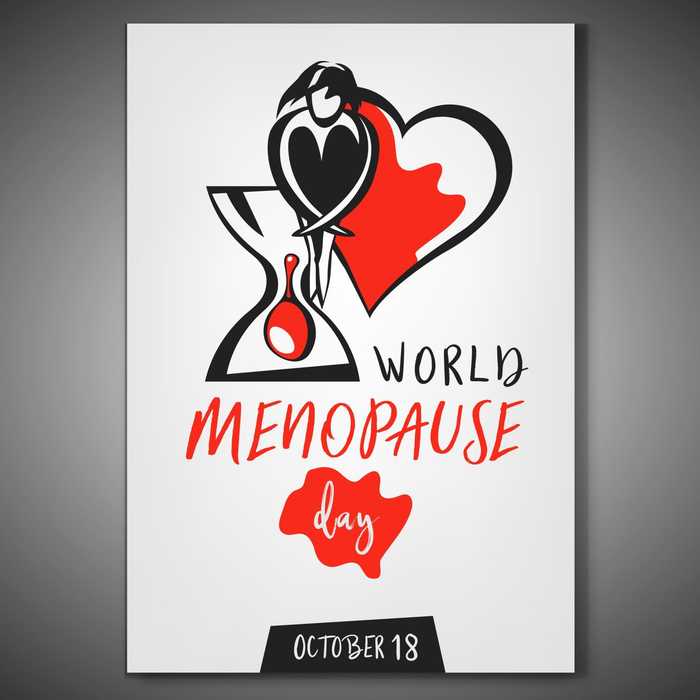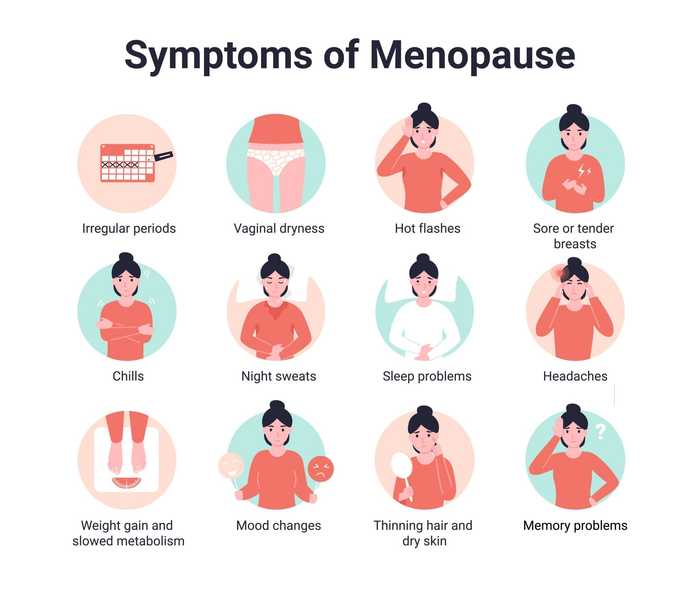Published 23:26 IST, October 17th 2023
World Menopause Day 2023: Symptoms, myths, facts about transitory phase in women's lives
On World Menopause Day, dispelling misconceptions and fostering awareness becomes paramount for the well-being of women navigating this phase in their lives.
- Health News
- 3 min read
World Menopause Day, observed annually on October 18, raises awareness about menopause and aims to highlight the support systems available for women's health and well-being. Republic recently engaged in a conversation with Dr Karthika Reddy, Consultant Obstetrician and Gynaecologist, who shed light on the facts and misconceptions surrounding menopause.
2 things you need to know
- Menopause is a natural phase in women's lives driven by hormonal changes.
- Awareness mitigates physical and mental impacts of menopause.

(World Menopause Day is held on October 18th. | Image: iStock)
Expert's advice on menopause
Dr Karthika Reddy began by explaining that menopause is a natural phase in a woman's life, driven by hormonal changes, especially estrogen. While the exact age of onset can vary due to individual factors, it typically occurs in the late 40s to early 50s for Indian women. She defined menopause as the absence of menstruation for 12 consecutive months.

(Menopause is a natural phase in a woman's life | Image: iStock)
Significance of Awareness
Dr Reddy stresses on the importance of awareness, emphasising that being informed about menopause and its related changes is crucial for women. "Actively seeking information helps mitigate the physical and mental impacts of menopause. As some symptoms can mimic other health conditions, it's vital for women not to dismiss them. Seeking help for discomfort or symptoms is crucial, given the range of treatments available for different issues."

(Understand the signs and symptoms of Menopause | Image: iStock)
Facts and misconceptions
Facts
Not an illness: Menopause is not an illness. It's a natural transition triggering various symptoms.
Variable onset: The age of experiencing menopause can vary, influenced by genetic factors or external elements like smoking or chemotherapy.
Symptom diversity: Symptoms vary among women and even within families, encompassing hot flashes, vaginal dryness and weight gain.
Hormonal changes: Menopause leads to decreased estrogen and progesterone production, impacting the body and potentially causing osteoporosis due to reduced bone density.
Osteoporosis risk: The decrease in bone density during menopause heightens the risk of osteoporosis.
Cardiovascular impact: Reduced estrogen levels increase the risk of cardiovascular diseases by affecting artery flexibility and blood flow.
Misconceptions
Age restriction: Menopause is not exclusive to older women. Premature menopause can occur at any age.
Solely physical impact: Menopause doesn't only affect physical health but can significantly influence mood and mental well-being.
Hormonal treatment exclusive: Hormones are not the sole treatment. Non-hormonal treatments also exist.
Safety of hormones: Hormone Replacement Therapy (HRT) is carefully prescribed after ruling out individual contraindications, challenging the misconception of its inherent unsafety.
As World Menopause Day approaches, dispelling misconceptions and fostering awareness becomes paramount for the well-being of women navigating this natural life transition.
Updated 23:26 IST, October 17th 2023